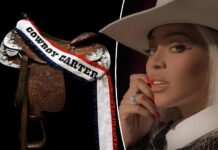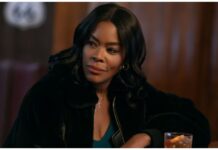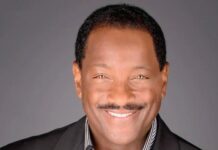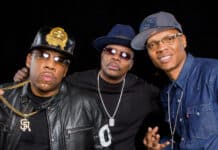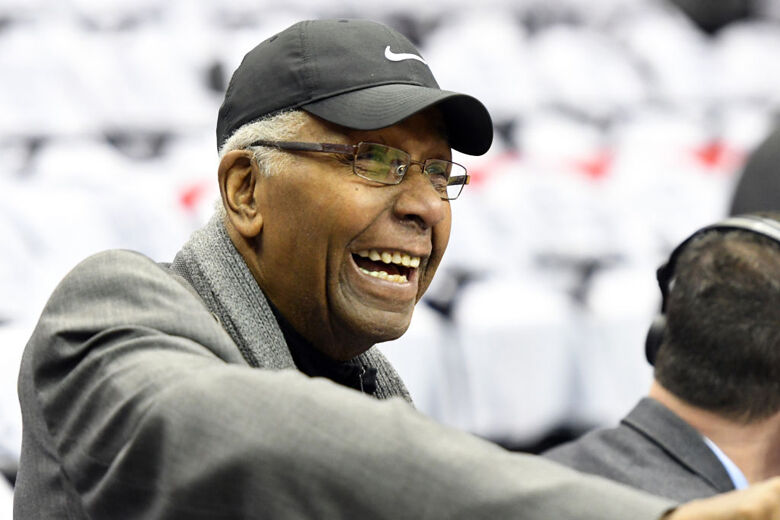
*With barely enough time to process the sudden death of Chadwick Boseman, the sports world and beyond is now dealing with the death of legendary Georgetown basketball coach John Thompson Jr. at 78.
Known simply as “Big John,” the coach led Georgetown for 27 seasons, including to the 1984 national championship. He built the program into a Big East powerhouse, took the Hoyas to three Final Fours in the 1980s, won seven Big East titles and led the 1988 United States national team to a bronze medal in the Olympics.
His coaching legacy includes the recruitment and development of four players in the Basketball Hall of Fame: Patrick Ewing, Alonzo Mourning, Dikembe Mutombo and Allen Iverson. Thompson was inducted into the Hall of Fame in 1999, was a pioneer credited with opening the door for a generation of minority coaches. His national title run in 1984 was the first by a Black head coach and altered the perception of Black coaches. Also of note, 97 percent of the students who played for him left Georgetown with a college degree.
There are multiple instances of standout moments that reflected Thompson’s protection of his players both on and off the court, including confronting notorious DC drug kingpin Rayful Edmond III after learning that he had befriended some of the Georgetown players, including Mourning and John Turner. Edmond, a popular figure in the city who attended many Georgetown games and frequented a popular nightclub where he met some of the Hoyas, was arrested later that year for his role in a drug trafficking operation and eventually sentenced to life in prison.
ESPN’s Michael Wilbon talks about this at length below at the 1:25 mark. Also, Stephen A. Smith reacts to the death at the 11:45 mark.
Thompson also stood by Iverson after the then teen spent four months in jail for his alleged role in a brawl at a bowling alley prior to his senior year of high school. Thompson was criticized for recruiting and embracing Iverson, whose sentence was ultimately overturned by an appeals court due to insufficient evidence. The talented guard went on to win Big East Rookie of the Year honors and led the program to an Elite Eight during his second and final season at the school.
Iverson tearfully thanked Thompson at his Hall of Fame induction speech. Watch below:
Thompson also famously walked out of a game between his Hoyas and Boston College in protest of a new NCAA rule he said discriminated against poor and Black athletes. After initially rejecting Proposition 42, the NCAA approved the plan that forced its member schools to deny athletic scholarships to incoming freshman who fail to meet minimum academic standards for eligibility, including at least a 700 on the SAT or 15 on the ACT. Thompson sided with the many educators who believe both standarized tests are racially and culturally biased against blacks and the poor.
Here are highlights of John Thompson’s career, as noted in ESPN.com:
Born Sept. 2, 1941, Thompson starred for Archbishop Carroll High School in Washington before leading Providence to the 1963 NIT championship and serving as captain for the school’s first NCAA tournament team in 1964. The Boston Celtics’ Red Auerbach selected the 6-foot-10 Thompson in the third round of the 1964 NBA draft. Thompson was used sparingly as backup to Bill Russell but won championships with the franchise in 1965 and 1966.
Thompson’s stint in the NBA ended after two seasons. He had an opportunity to join the Chicago Bulls but chose to pursue an opportunity to work with kids. He accepted a post as the head coach at the prestigious St. Anthony Catholic School in Washington in 1966. He was 122-28 during his six-year prep coaching career before Georgetown hired him in 1972.
It wasn’t without controversy. A sign in the rafters of McDonough Arena that season read, “Thompson the n—– flop must go.” Georgetown officials removed it. The Hoyas won their next 10 games and earned a trip to the NCAA tournament as Thompson defied his critics.
Georgetown basketball teams were mostly white prior to Thompson’s reign. His teams were predominately Black, which added to the criticism he faced from those who thought he had an issue with white players, an accusation Thompson repeatedly denied.
Winning became the dominant theme in his career. It all started with Ewing, who dominated college basketball throughout a four-year career that included a national title game in 1982, a national championship in 1984 and another trip to the title game in 1985. After Ewing, Thompson never returned to the Final Four, but players like Mourning and Iverson extended his legacy.
Thompson’s survivors include his sons, John Thompson III and Ronny Thompson, and daughter Tiffany Thompson.
Below, reactions to Thompson’s death this morning around the dial:
ESPN’s “Get Up”:
Jay Williams reacts:
Dick Vitale reacts at the 7:45 mark:
We Publish News 24/7. Don’t Miss A Story. Click HERE to SUBSCRIBE to Our Newsletter Now!
